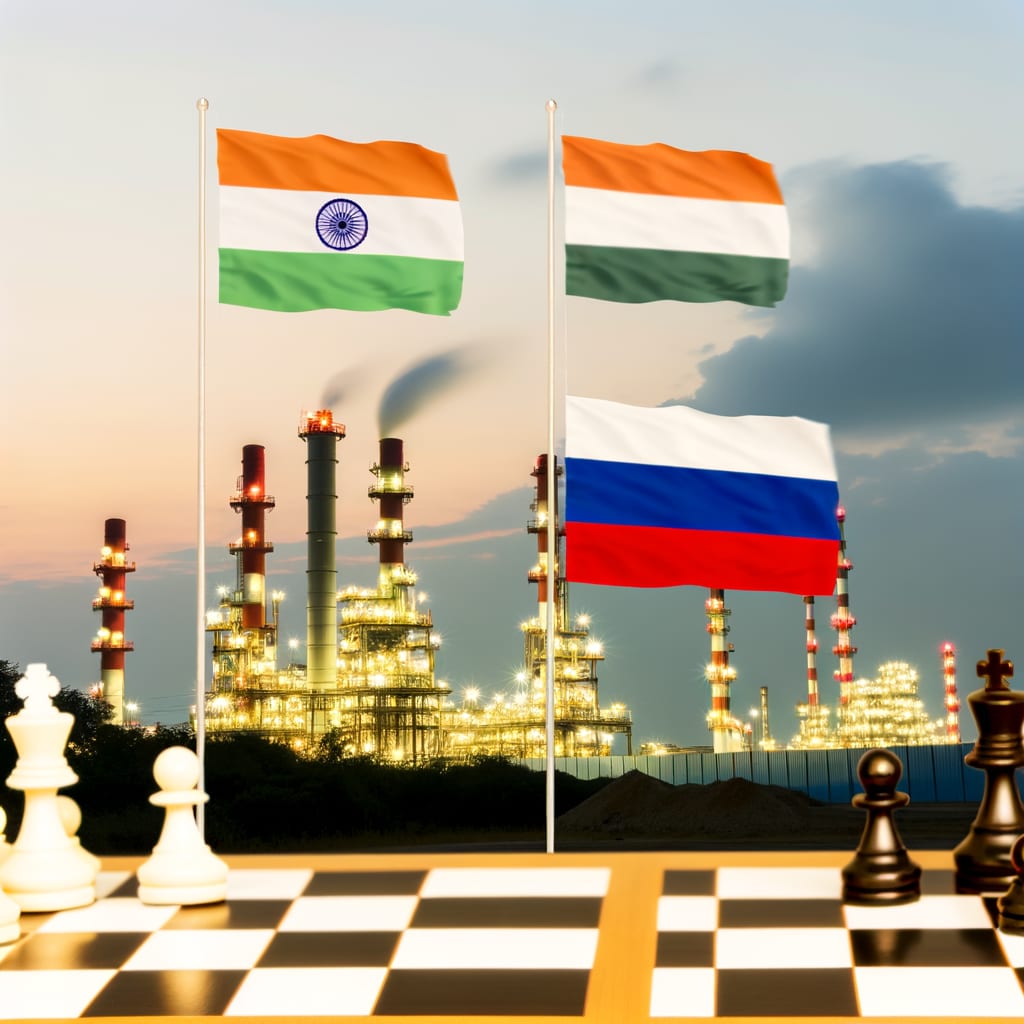India Navigates Complex International Relations Amid China-US Rivalry
In the midst of the ongoing China-US rivalry, India is strengthening its ties with Japan while also maintaining a cordial relationship with China and Russia. This delicate balancing act comes as the US pressures its European allies to impose additional sanctions on India over its continued oil trade with Russia.
Bilateral Relations: India-Japan and India-China
India and Japan have recently bolstered their tech and economic security cooperation, drawing on bilateral synergies and the challenges posed by the China-US rivalry1. The significance of this cooperation was highlighted by the outgoing Indian envoy, who called Japan a steadfast partner
and underscored the importance of the two nations revising a joint declaration on security cooperation for the first time in 17 years2.
Meanwhile, bilateral relations between India and China continue to follow a cyclical pattern, with sporadic escalations giving way to limited accommodation, only to relapse when structural disputes resurface3. Despite these tensions, Indian Prime Minister Narendra Modi recently held warm meetings with Chinese President Xi Jinping, sending a clear message to Washington4.
Modi's Diplomatic Maneuvers
Modi's diplomatic efforts also extended to Russia, with a friendly meeting with Russian President Vladimir Putin. The Indian Prime Minister emphasized that India sees itself as a partner
of China's rather than a rival,
4 a stance that comes amid escalating tensions with the United States.
The US earlier imposed 50% tariffs on India over its purchases of Russian oil5. Washington is now pressuring European nations to impose additional tariffs on India over its continued oil trade with Russia, similar to the US's own levies5.
International Reactions and Implications
The implications of these maneuvers are significant, with India needing to decide whether to align fully with Trump's America or hedge its bets through a rapprochement with China6. Trump's unpredictable policy stance and heavy tariffs against India have strained the relationship that had been cultivated over the past 30 years6.
Conversely, Australian Prime Minister Albanese had a warm and constructive
conversation with Trump, discussing economic cooperation between Australia and the United States7. This friendly exchange contrasts with the increasing tensions between the US and India.
Conclusion
As India navigates the complex terrain of international relations, it continues to engage with multiple global powers, each with its own set of challenges and opportunities. Amid the China-US rivalry, India's diplomatic maneuvers and bilateral relations with Japan, China, and Russia will be critical in shaping the country's future foreign policy landscape.

